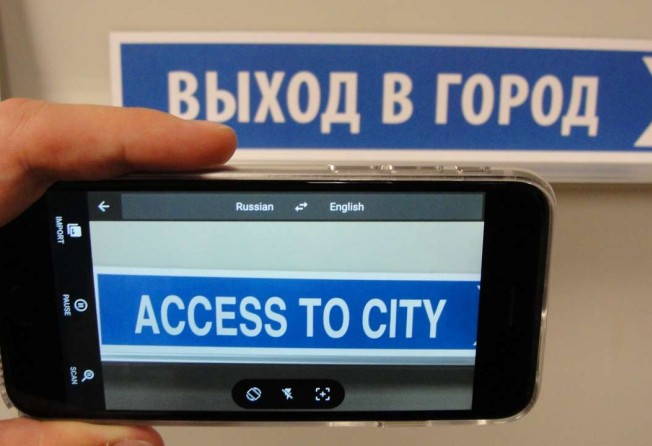AI programs take on human translators in South Korea
Event meant to highlight strengths and weaknesses and reassure interpretors that their jobs aren’t at risk

By Yoon Sung-won
Artificial intelligence (AI)-based programs and human professionals will engage in a translation battle in Seoul, according to Sejong Cyber University and the International Interpretation & Translation Association (IITA), Tuesday.
In the competition, a professional translator will face a showdown with Google Translate and Naver Papago, the two most popular commercialised AI-based translation services that support English and Korean.
Both human translators and AI-based programs will be given two English news articles to translate into Korean, and two stories written in Korean to be rendered into English. Thirty minutes will be provided for each article.
All the news articles will be chosen randomly, according to the organisers. Their translations will be evaluated on accuracy, according to the organisers.
“Human translators and interpreters and those who seek to do these jobs in the future are increasingly facing concerns that they may lose their presence as AI-based automatic translating technologies have rapidly been improved,” IITA Secretary-General Kang Dae-young said.
“Though the event may not completely dispel such worries, we hope to confirm that humans and machines have different strengths and weaknesses and highlight that human professionals will still have their roles in translation and interpretation of the future.”
Automatic translation programs using machines have been fast improved thanks to the introduction of a technology called the neural machine translation (NMT) since 2015.
Before the NMT, programs worked based on a paradigm called the statistical machine translation (SMT), which produces translations on statistical analysis of bilingual text corpora. In this way, these programs translated the original text word-by-word and this has led to errors or awkward expressions.
But the NMT translates a whole sentence at a time. It utilises machine learning and big data analysis and thus is capable of self-improving its translation, resulting in higher accuracy in time.
Tapping into the NMT technology, Naver launched its translation program Papago in October last year. Following in November, Google applied the technology for its Translate service.
Sejong University English Language and Literature professor Kwak Eun-joo, Hankuk University of Foreign Studies Graduate School of Translation and Interpretation professor Kwak Joong-chol and professional tech writer and translator Cho Gil-ja will take charge of evaluating and judging the competition.
Sejong Cyber University said it will provide a real-time stream of the event on its website.
Expectations are that the human translator may win the showdown in terms of the quality of translation, though the AI-based programs will outperform their human counterparts in speed.
“Though AI translation programs are superfast, they cannot rectify errors that they have already made,” a source from the translation industry said. “But humans can polish their draft work to improve the degree of completion.”
A freelance interpreter here said, “We may not say that the upcoming event is the ultimate showdown between human translators and machines. But soon, I believe machines are highly likely to surpass humans because they are rapidly evolving by accumulating massive amounts of data.”